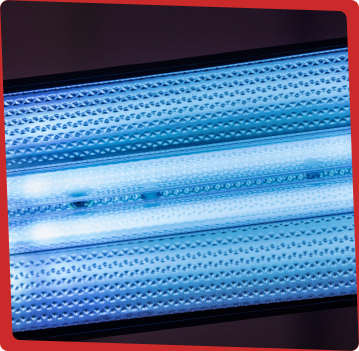Heater Maintenance Protects Your Air
We offer several tools and services that can improve your home’s air quality. For example, your heater has filters that trap airborne particles. It can also regulate your home’s humidity, which prevents fungal growth. On the other hand, a faulty heater can release carbon monoxide into the air. If you want to maintain your home’s air quality, you need to keep your heater in good condition.
Fortunately, regular heater maintenance will prevent most problems and keep the air clean. An annual tune-up will ensure that your heater works at peak efficiency. It will also give us a chance to examine your system and identify minor problems. We can fix those issues before they get worse and threaten your health.
Humidifiers and dehumidifiers can also improve your home’s air quality by controlling its humidity level. If your home is too humid, mold and mildew will spread throughout the rooms. Those fungi reproduce by releasing spores, which can irritate your lungs and throat. Low humidity can also contribute to health problems. It causes cracked skin and makes you more vulnerable to respiratory irritants. Moderate humidity levels are best for your health and comfort.
Those preventative techniques will help you avoid these common airborne contaminants:
- Dust
- Mold spores
- Carbon monoxide
- Microbes
We can supplement those systems with a powerful whole-house air purifier. Most of them include HEPA filters, which are perfect for trapping dust, spores, and other particles. If you want to eliminate chemical fumes or bad smells, you need a system with a carbon filter. Many systems include both filters, and they will remove most contaminants from the air.
You can even use UV lights to improve your home’s indoor air quality. Light in the UV-C range is lethal to many viruses and bacteria. We can install a set of UV lamps in your HVAC system. They will gradually disinfect the air, which reduces your exposure to harmful microbes.
Those protective systems are important because poor indoor air quality is dangerous. Airborne particles may trigger asthma attacks or provoke allergic reactions. Chemical fumes can cause dizziness, nausea, and headaches.
In the long run, poor air quality may contribute to cardiovascular issues and mental health problems. Those issues can have a major impact on your life, and it’s wise to prevent as many as possible.

